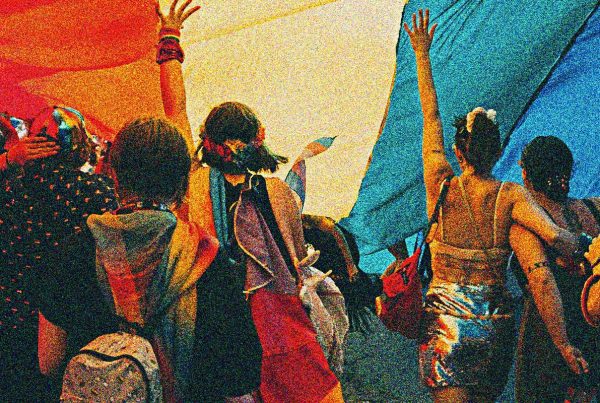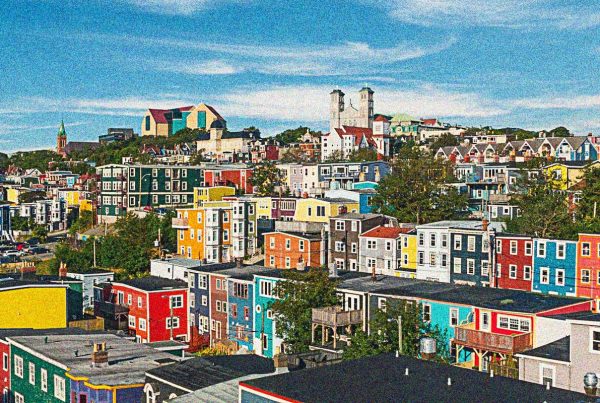The CCLA will be at the Ontario Court of Appeal (ONCA) this week to intervene in the case of Ontario v. Animal Justice.
This case is an appeal by Ontario from a 2024 Superior Court decision which struck down significant parts of provincial regulations limiting the investigative work of undercover journalists and whistleblowers on livestock farms. The impugned regulations threaten to impose hefty fines on anybody who gains access to agricultural premises based on false pretences. The trial court found that some provisions of these regulations unreasonably violate freedom of expression.
In appeal, Ontario disputes that its regulations are even subject to Charter scrutiny, on the grounds that they apply on private properties.
CCLA’s position is that no place, public or private, is categorically excluded from the protective scope of the Charter. State-imposed limits on expression are subject to Charter scrutiny even if they apply on private property. Our submissions will focus on why the location of expression cannot be used by the state to create Charter-free zones.
This point is important. Should the ONCA accept Ontario’s argument, this model of regulations could be used to create Charter-free zones on countless other “private properties” where undercover work and exposés contribute to public transparency.
The Ontario government also argues that conduct that constitutes a tort is necessarily excluded from Charter protection under s. 2(b) (freedom of expression). The implications of this argument are that the state could impose penal consequences on expression, without Charter scrutiny, merely because the same expression may attract civil consequences among private parties.
CCLA’s position is that potential common law tort liability cannot narrow the constitutional protection of fundamental freedoms guaranteed by the Charter. Otherwise, there would be differing levels of constitutional protection depending on the province in which the constitutional challenge is brought.
CCLA is grateful to David Rankin and Ankita Gupta of Osler, Hoskin & Harcourt LLP for their excellent pro bono representation in this case.
About the Canadian Civil Liberties Association
The CCLA is an independent, non-profit organization with supporters from across the country. Founded in 1964, the CCLA is a national human rights organization committed to defending the rights, dignity, safety, and freedoms of all people in Canada.
For the Media
For further comments, please contact us at media@ccla.org.





